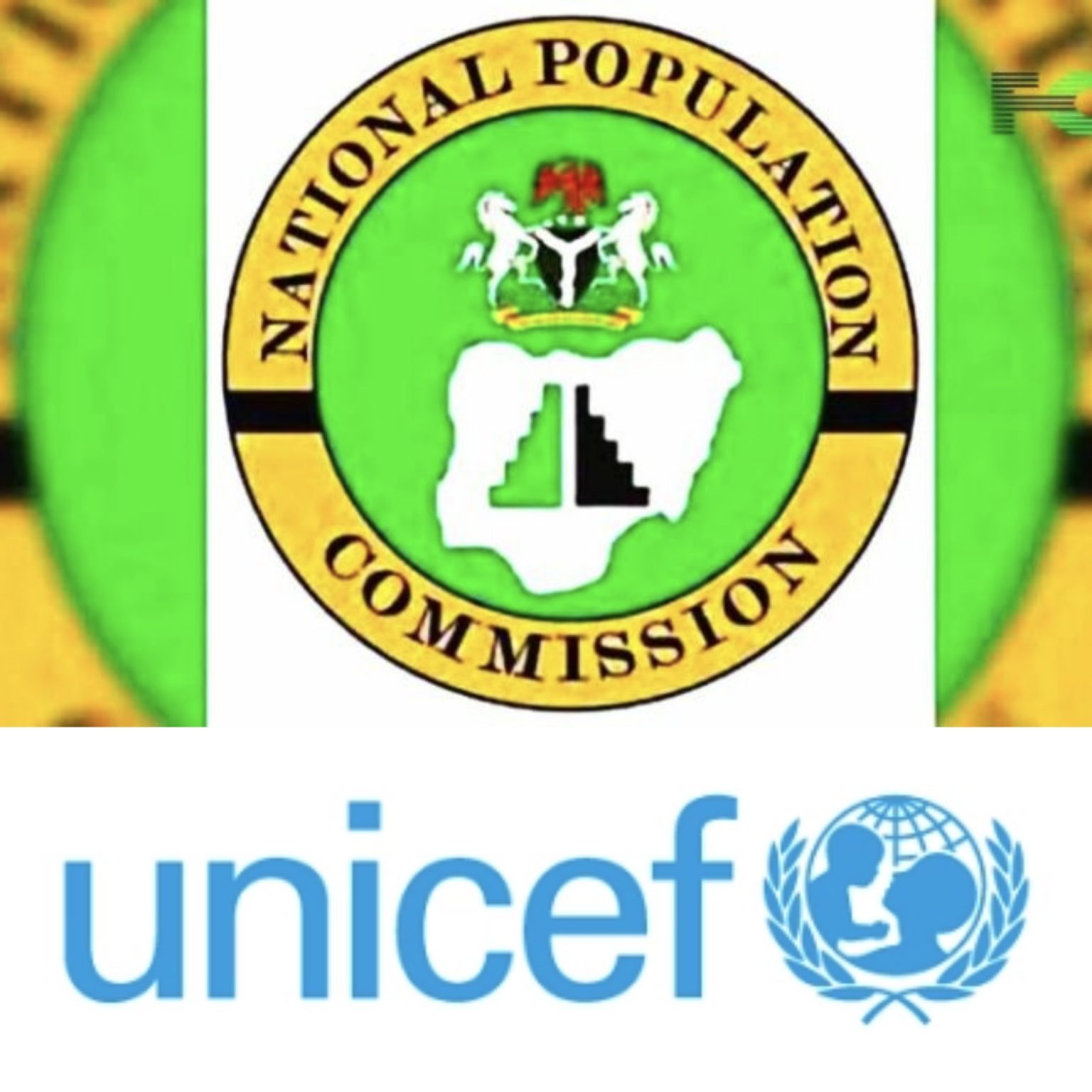Gombe State has been selected to pioneer Nigeria’s transition to digital birth registration, with health officials and ward representatives undergoing specialised training to drive the initiative.
The programme, introduced by the United Nations Children’s Fund (UNICEF) in partnership with the National Population Commission (NPC), is designed to provide every child with a recognised legal identity from birth.
It also links the registration process with National Identification Number (NIN) enrolment, strengthening Nigeria’s Civil Registration and Vital Statistics (CRVS) system.
At a three-day Train-the-Trainers exercise, participants drawn from 114 health facilities and 114 wards across the state were equipped with digital devices to ensure timely and accurate documentation of births.
Read Also: UNICEF provides 3m supplements to boost maternal health in Nigeria
Speaking at the event, UNICEF’s Chief of Bauchi Field Office, Dr. Nuzhat Rafique, described birth registration as the foundation of children’s rights.
She said the new digital process would help bridge existing gaps in Gombe and across the North East, where many births remain undocumented.
NPC’s State Director, Mr. Ali Usman, expressed the commission’s determination to eliminate the challenge of unregistered children.
He acknowledged the support of the Association of Local Governments of Nigeria (ALGON), noting that local government structures are key to sustaining the project.
Also pledging support, ALGON Vice Chairperson in Gombe, Mrs. Binta Bello, said council chairmen would commit both resources and personnel to guarantee the success of the exercise.
UNICEF Child Protection Specialist, Mrs. Ladi Alabi, explained that the approach integrates traditional birth attendants, healthcare providers, and community focal persons to capture births instantly and electronically.
She added that the system would ensure no birth goes unrecorded.
On his part, NPC Technical Expert, Mr. Arukwe Joe, said the introduction of digital registration would transform national planning and policymaking by providing reliable population data.
By positioning Gombe as the pilot state, UNICEF is optimistic that the initiative will become a model for nationwide adoption, paving the way for universal birth registration and stronger protection of children’s rights across Nigeria.



